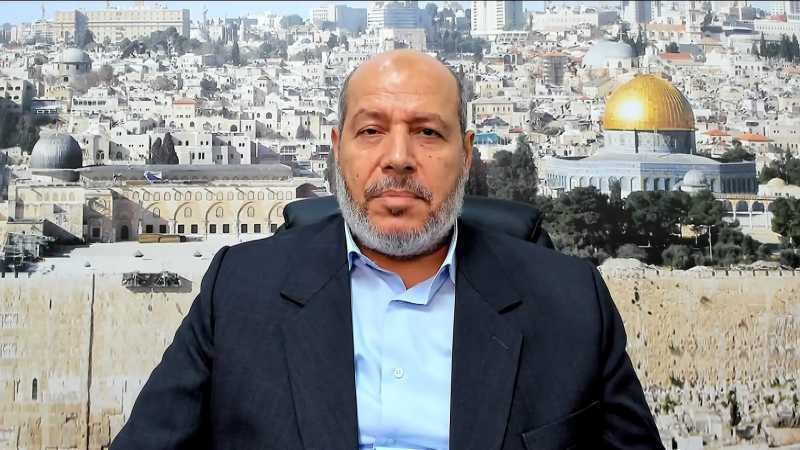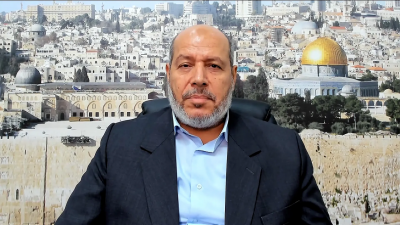According to three Palestinian sources, including an official from Hamas, "Hamas leader Khalil Hayya will continue to lead indirect negotiations with Israel to reach a ceasefire in Gaza, under the direction of the newly appointed leader of the movement, Yahya Sinwar, who continues to manage the war within the sector." Sinwar's selection, who Israel has vowed to kill, is seen as a signal of Hamas raising the flag of defiance amid the ongoing war in Gaza, as leadership has fallen into the hands of a man widely believed to be conducting warfare from tunnels beneath the territory.
Political experts had anticipated Hayya as a likely candidate to succeed Ismail Haniyeh, due to factors including his strong relationships with Iran, the primary supporter of the movement, whose backing will be crucial for the movement's recovery post-war. Under Haniyeh's guidance, Hayya led the movement’s delegation in mediated talks with Israel aimed at reaching a ceasefire and an agreement to swap the Israelis taken hostage by Hamas on October 7 for Palestinians in Israeli prisons.
The Hamas official stated, "Dr. Khalil is the head of the negotiating delegation, and there will be no change in that." Another source familiar with Hamas consultations indicated that Hayya had the trust of both Haniyeh and Sinwar, adding that "he is expected to continue leading the indirect negotiations and serve as Hamas’s diplomatic face."
The source mentioned that Hayya and Zaheer Jabareen, who leads Hamas in the West Bank from outside Palestinian territories, are expected to play larger roles in the future due to their strong connections with Iran and Hezbollah. Hayya is the Deputy Head of the Political Bureau of Hamas in Gaza, though he has been performing his role from outside the Palestinian territories for several years and resides in Qatar.
Sinwar has not appeared publicly since the October 7 attacks but has played a key role in directing military operations and negotiations regarding prisoner exchanges. The source familiar with Hamas consultations indicated that messages continue to flow between the movement's leaders abroad and Sinwar in the Gaza Strip, even though these messages may take time to reach their destinations.




